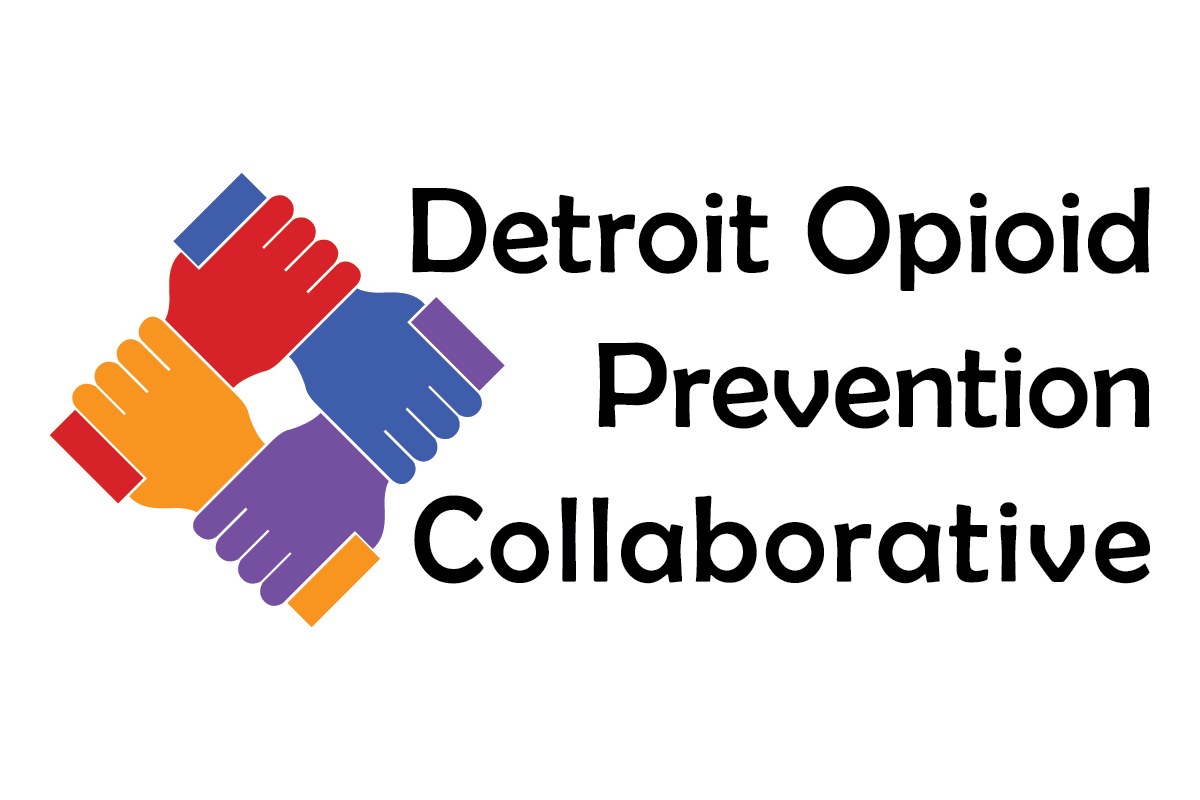
Overview
Altarum managed the Detroit Opioid Prevention Collaborative, a community initiative in partnership with the University of Michigan and The Detroit Wayne Mental Health Authority, which trained and educated a broad cross-section of professionals in the community who are central to addressing the opioid crisis, from clinicians prescribing opioids to law enforcement officers administering life-saving naloxone.
Our Approach
Altarum managed and evaluated all aspects of the program from training law enforcement officers and community organizations on how to administer naloxone to enrolling and registering pharmacies in Michigan’s naloxone Standing Order program. In addition, we led the Collaborative’s work on responsible opioid prescribing. We conducted continuing healthcare education for providers on opioid prescribing and patient screening and referral for opioid misuse and abuse. Our continuing education offerings are nationally accredited and provide eligible clinicians 30 to 50 Performance Improvement AMA PRA Category 1™ credits and 20-25 MOC Part IV Improvement in Medical Practice credits.
We also helped physicians in the Detroit area use the Michigan Automated Prescription System to promote responsible prescribing and to identify patients at risk for opioid misuse.

Results
We trained 124 providers in 21 practices in the greater Detroit area on responsible opioid prescribing, including identification of patient risk for opioid misuse or abuse, patient follow-up, and use of the Michigan Automated Prescription System. We also engaged 21 clinicians in discussions to encourage them to obtain buprenorphine waivers and to advise and assist with prescribing. And we provided naloxone kits and training to 81 law enforcement officers and 19 community organizations, representing 489 people in the community on the front lines of the opioid crisis.
After our training, the percentage of patients prescribed opioids who were assessed for risk of opioid misuse or abuse increased by 77 points. And the percent of patients on opioids for more than three months who received a follow-up evaluation increased by 17 points.


Contact Us

Jessica McDuff - MA
Program Director, Behavioral Health
Areas of Expertise- Behavioral Health
- Evaluation Methods and Design
- Technical Assistance and Program Improvement
Jessica McDuff has 22 years of experience working with federal, state, and local agencies to evaluate and improve behavioral health programs and systems of care. She specializes in evaluation design and implementation with emphasis on use of equitable evaluation principles and cross sector linkages between behavioral health and primary care, maternal and child health, and family planning. Jessica holds a master’s degree in sociology from the University of Michigan.